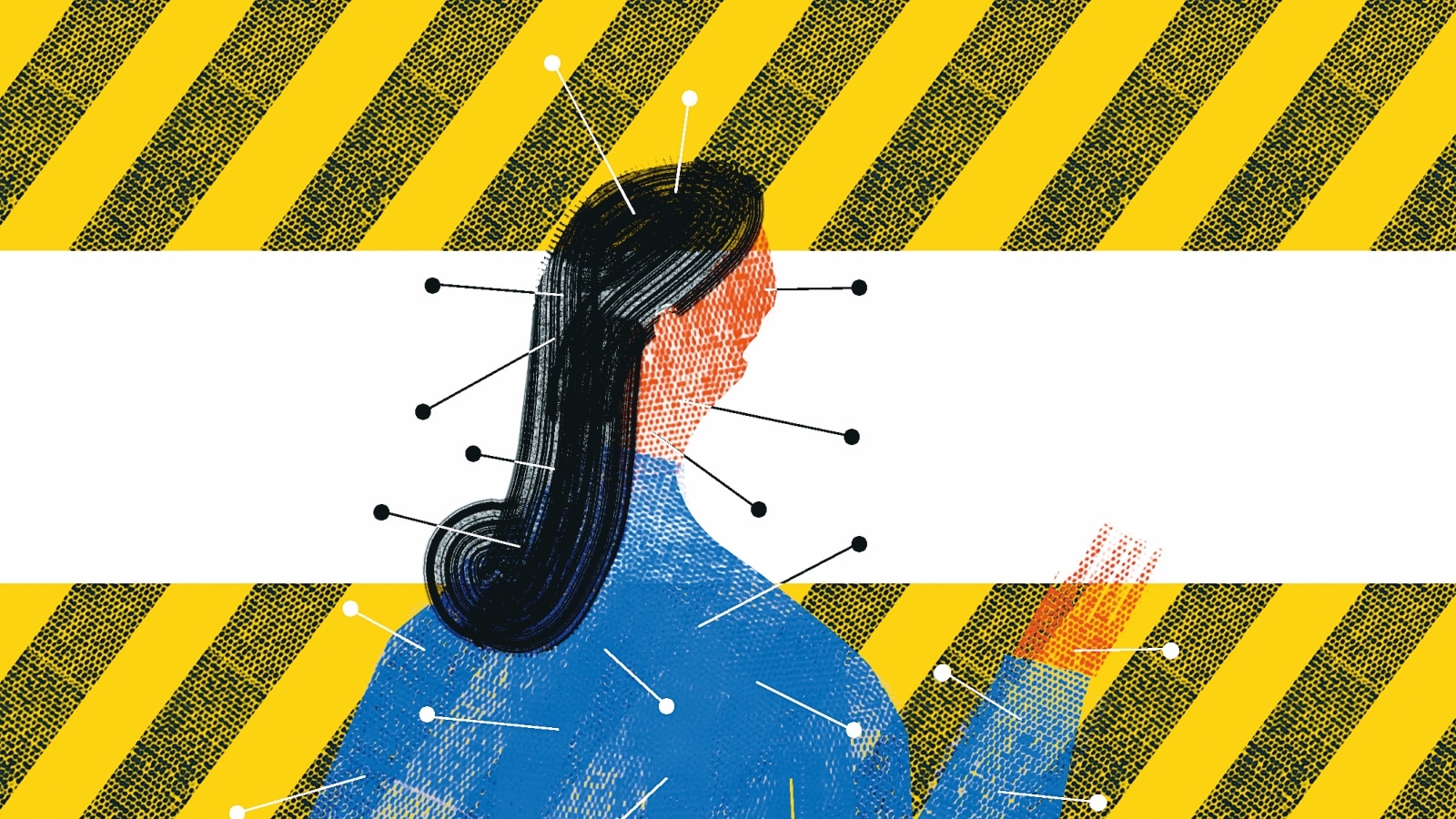Opinion Flames that doused the fire within
The flames that consumed Nikki and countless others must burn into our conscience till every parent realises that no izzat is worth more than their daughter’s life, and every community admits that dowry is not a custom but a crime.
 Justice for Nikki cannot only mean jailing her husband and in-laws. It must mean creating conditions where no woman has to live in fear of being killed for resisting.
Justice for Nikki cannot only mean jailing her husband and in-laws. It must mean creating conditions where no woman has to live in fear of being killed for resisting. On August 21, as the flames engulfed 26-year-old Nikki Bhati’s body in a Greater Noida house, India was, once again, confronted with the brutal truth we try to deny — that marriage, too often celebrated as a sacred bond, remains one of the most dangerous institutions for women.
Nikki’s crime was not just her “failure” to meet the escalating dowry demands, but daring to assert her autonomy. She wanted to reopen her modest beauty parlour, post reels on Instagram and carve a life not wholly defined by her husband and in-laws. For that, she died in a violent manner. Nikki is not an aberration. According to the National Crime Records Bureau, 6,450 women were killed in dowry-related violence in 2022 alone — meaning nearly 18 women died daily because of dowry. Dowry is not just a demand for money or cars, but a system of structural violence that makes women’s lives perpetually negotiable. It begins with marriage negotiations, only to creep into daily life as a reminder that her worth is transactional, that she is not a person, but property. Beyond the husband and in-laws, we must ask the uncomfortable question: what about the parents? Why do so many parents, even when they know their daughters are being tortured, still choose silence over confrontation? Why is a woman’s life weighed against the family’s izzat in samaj and why does izzat almost always win?
In Nikki’s case, her sister has spoken of years of harassment and escalating violence. Did her parents consider encouraging her to walk away, refusing to bow down to demands that were eating her alive? Or did they, like so many, fear the stigma of divorce more than the certainty of her suffering?Divorce, in our society, is treated as a mark of failure, not of the marriage, but of the woman. A divorced woman is branded as a “burden”, while men who abandon or abuse their wives face little social sanction. The weight of this stigma is so heavy that many women are pushed back into violent marriages, told to “adjust”, “think of the children” and “keep the family honour intact.”
In reality, we are not protecting honour or family, but patriarchy, the fragile ego of men and a society that would rather see a woman die as a wife than live as a divorcée. We need to say it out loud: every time parents prioritise societal reputation over their daughter’s safety, they become complicit in the system that kills her.
Marriage in our society is constructed as a woman’s ultimate destiny, her only respectable future. But, within this institution, her autonomy is relentlessly policed. Nikki’s desire to rebuild her parlour and post Instagram reels became flashpoints because they symbolised freedom — economic, social, and personal. A woman with her own income and a public voice is a figure patriarchy fears most. Nikki’s case has sparked outrage, as it should. But we know how quickly outrage fades. Tomorrow there will be another headline, another woman set ablaze. The question is: will we still keep pretending these are isolated incidents, or will we confront the fact that our entire social system is soaked in this violence?
Justice for Nikki cannot only mean jailing her husband and in-laws. It must mean creating conditions where no woman has to live in fear of being killed for resisting. It must mean economic independence for women, swift legal redressal for survivors, community networks that intervene and, above all, a cultural revolution in how we view honour and women’s lives.
The flames that consumed Nikki and countless others must burn into our conscience till every parent realises that no izzat is worth more than their daughter’s life, and every community admits that dowry is not a custom but a crime.
And perhaps most urgently, we must re-imagine marriage itself — not as a woman’s destiny or the only acceptable form of partnership but as a choice freely made between two consenting individuals, grounded in love. Only when marriage ceases to be the norm that defines a woman’s worth, and becomes one option among many ways of living with dignity, can we begin to dismantle the culture that continues to burn women alive.
The writer is a PhD researcher at Delhi University’s Department of Political Science
National Editor Shalini Langer curates the fortnightly ‘She Said’ column



